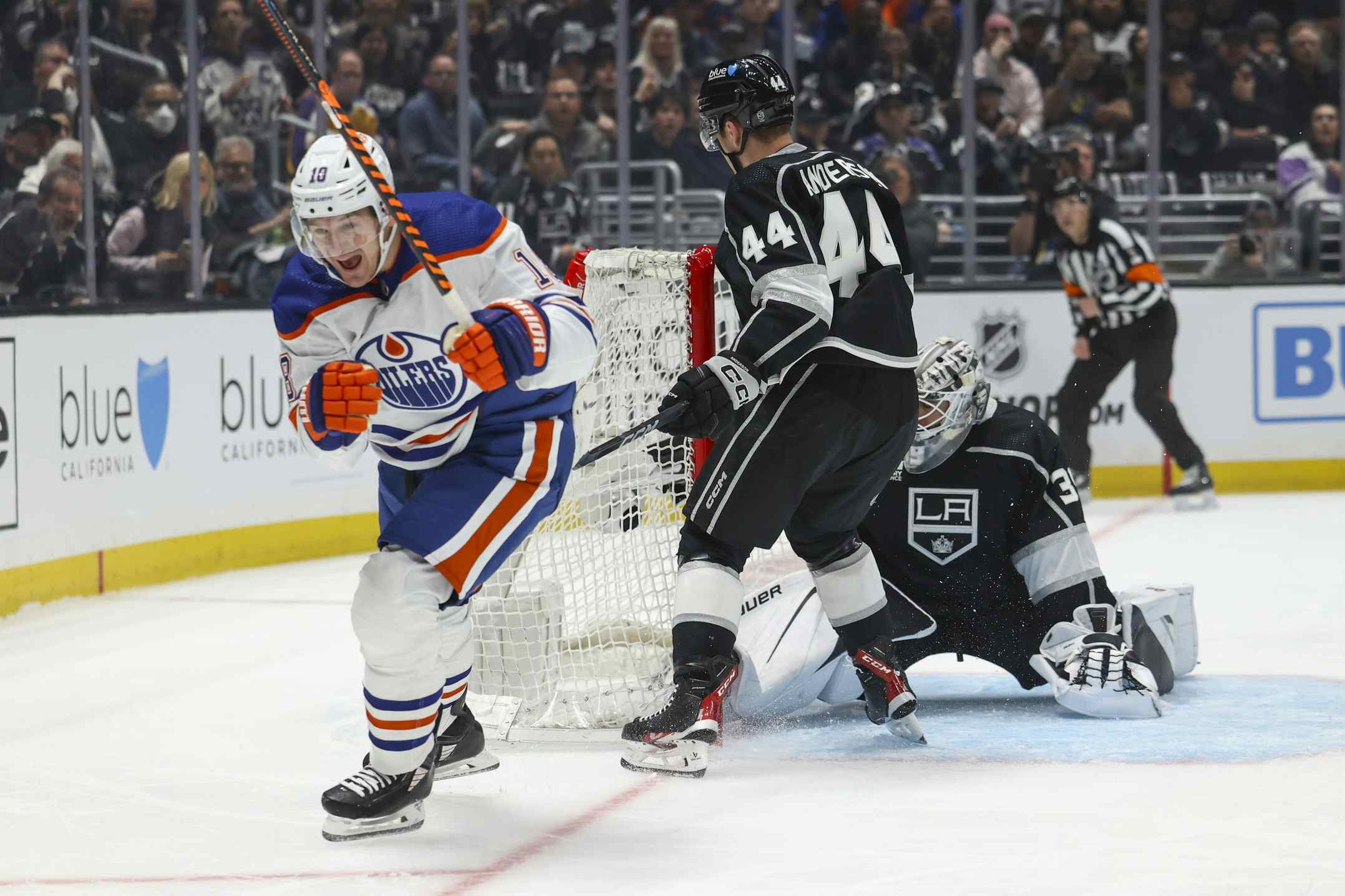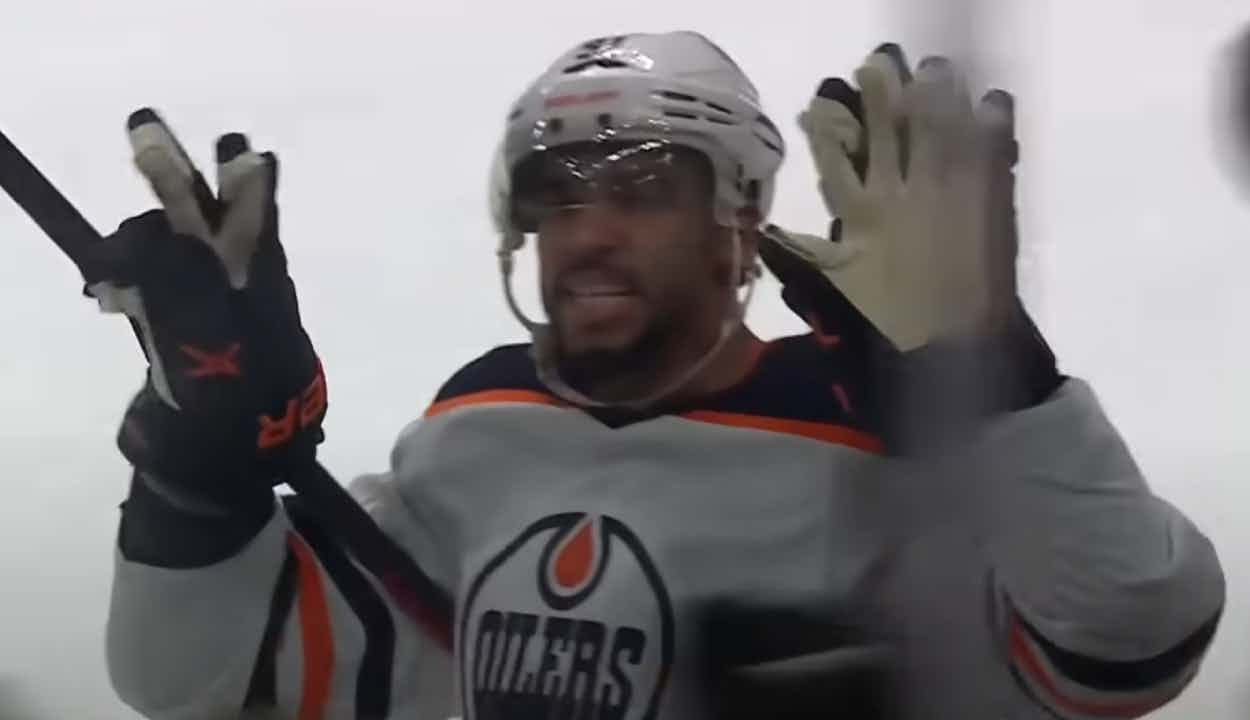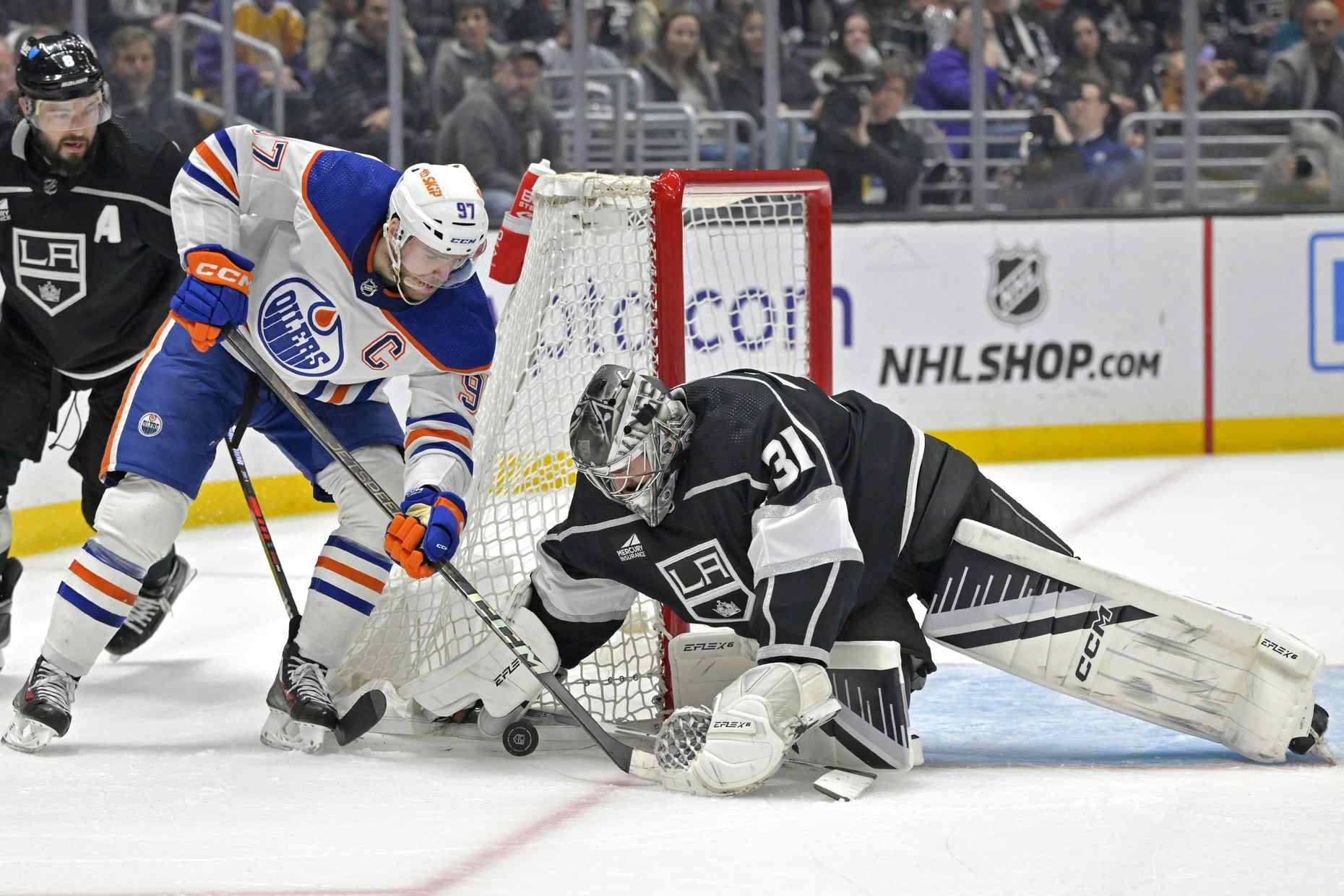The Way Ahead
The hockey world has been shaken in recent weeks by revelations about verbal and physical abuse by coaches from players like Akim Aliu, Chris Chelios and @Johan Franzen, to name just three.
As allegations have trickled out and debates rage about who said or did what and what actions from a decade or longer ago constitute abuse, we’ve had former player Dan Carcillo casting as wide a net as possible by asking players with a story to tell to contact him. He’s said he’s heard from more than 300 people so far.
We had Aliu accusing coach Bill Peters of directing racial slurs his way a decade ago in the AHL, a story that was corroborated by two teammates and led to Peters parting ways with the Calgary Flames. We heard Franzen, backed by Chelios, talk about the terrible way Mike Babcock treated players in Detroit. On and on, and you can bet we’re a lot closer to the beginning of these types of stories coming out than we are to the end.
It’s been a period of reckoning from the NHL on down, and one that’s just beginning. While hockey can’t undo what’s happened in the past, everybody involved can make a difference moving ahead by changing some of the fundamental dynamics involved in the relationship between coaches and players. That’s a discussion that is picking up steam now. It’s one that’s overdue.
ROCKET WADES IN
Arizona Coyotes’ coach Rick Tocchet, as old school a player as you’d hope to find during the 1,144 regular season games he played in the NHL, is out in front on the leading edge of talking about what needs to change, how the entire hockey culture needs to shift moving forward. He talked about with Ray Ferraro and Darren Dreger on the Ray and Dregs Hockey Podcast this week.
“Yeah, I’m their coach,” said Tocchet, who came up in an era when you did whatever your coach said just because. “It’s just not a dictatorship. It’s not what I say goes. Like, I think if you act that way, I think you turn players off. I don’t have a ton of rules, Ray. I don’t believe in having 10-15 rules.
“I think you’ve got to let the room run the show a lot of times. Obviously, as a coach there are some things that are non-negotiable, like hard work and somewhat of a system, the way you play. You still tweak some stuff. I’ve had players come into me, ‘Let’s do this. Let’s do that,’ and I agree with them.
“I have no problem. That’s a partnership with the players. I think you’ve got to let these guys have room to grow. Once you start demanding too many rules from players . . . I think you’ve just got to communicate. I think the players respect that you’re in a tough position. Coaching’s tough. There’s a lot of pressure. Jobs are on the line and you control some people’s jobs too. I think it’s really good to call it a partnership with the players nowadays.”
Ferraro also talks about establishing a Player Code of Conduct in a partnership with the NHL and NHLPA as part of changing and enhancing the dynamics of the relationship between players and coaches. For full context, the podcast can be found here.
THE WAY I SEE IT

There has been a lot of talk in recent years about how the relationship between coaches and players has changed, and that’s true. Long gone for the most part, are the bad old days of coaches ruling with a “because I say so” mentality. They are the exception, not the rule. It doesn’t work. The best coaches, the most successful coaches, communicate.
Obviously, given what we’ve heard in recent weeks, there’s more work to do – I’d argue especially at the major junior levels. What’s an acceptable and healthy relationship between coaches and players can’t be defined only by wins and losses. No looking the other way because of an attitude that the end justifies the means. The power base has been shifting in recent years and that must continue. A partnership, not a dictatorship.
If an old school, punch-you-in-the-mouth type player like Tocchet who came up during the old way of doing things, can change with the times, the NHL at large and hockey at lower levels can. That’s the good that can come from what we’ve been hearing about the rare few still clinging to the old ways. It’s a new day.
Previously by Robin Brownlee
Recent articles from Robin Brownlee





